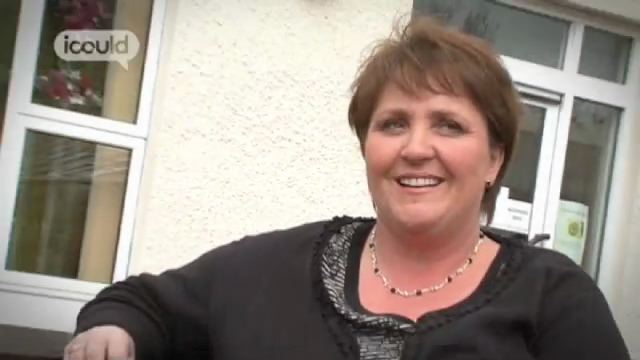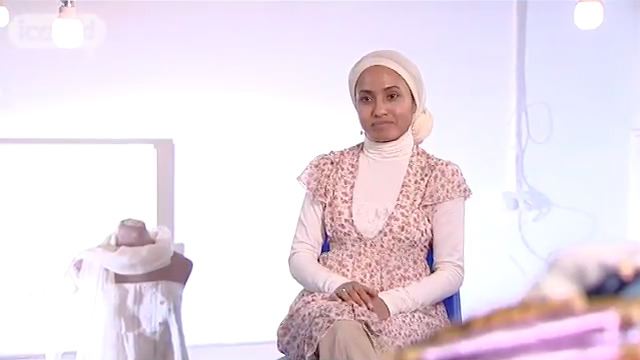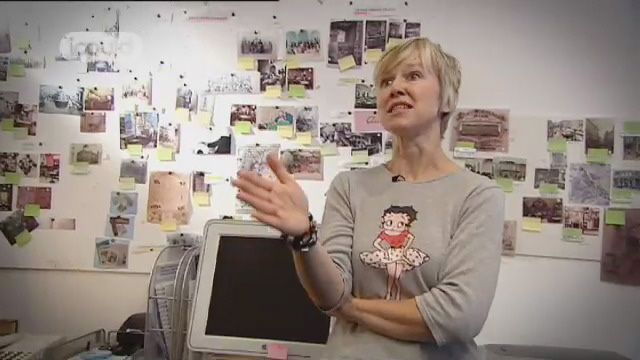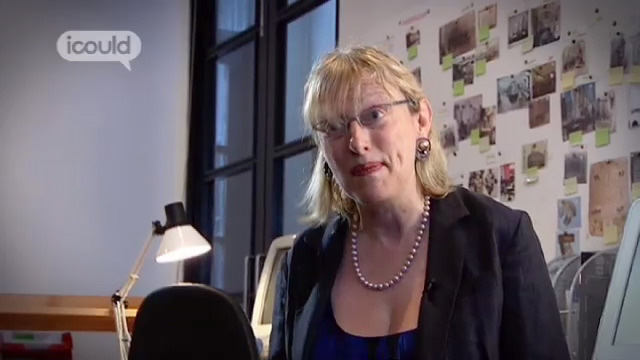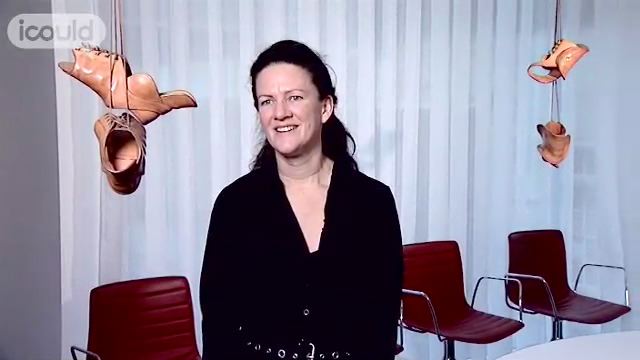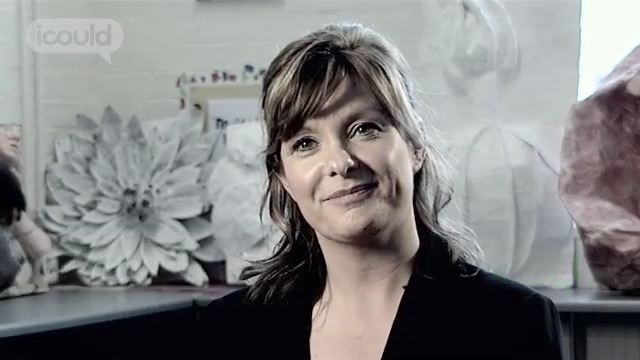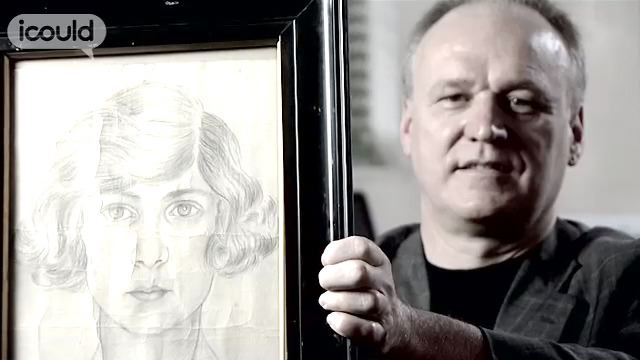Floristry Lecturer
CAFRE
Anne-Marie G
00:02 My name’s Anne-Marie G, I’m a floristry lecturer and I work for the Department of Agriculture.
00:07 I’m involved in teaching on the B Tech National Certificate and Floristry course and I’m based at Greenmount campus.
00:15 I sort of came in a roundabout way and my background was horticulture. I trained here at Greenmount twenty-odd years ago.
00:22 I left Greenmount here, they only offered a certificate course at the time I done it and I went to Auchincruive in Scotland doing my ND and then HND and from that I got a, a teaching job it was working with young offenders but it was still a teaching job. You wouldn’t have got that job without your O levels, A levels and your HND. I then got married and sort of left work when I had my first child and then attended a flower, flower-arranging class and just got hooked and went and did a bit of re-training and came to the college here on the floristry course on the first year that it was running and just went on from there.
1:07 Because my, my background had been horticulture, I had a high level qualification in horticulture and I was able then to come and teach lower level floristry qualifications here.
01:18 I have a group of fourteen full-time students and a group of eleven part-time. The part-time ones are here in their third year, that is their final and we’re doing a wedding design at the minute.
01:31 My father passed away when I was very small so didn’t have much influence from him although his background was farming. He had been a farmer. Mum just wanted us to do whatever made us happy. She encouraged you just whatever, where you wanted to go, you know, it didn’t really matter, you know.
01:49 I just picked the subjects that I was good at, that I was comfortable with and that’s really how I led into it. The, you know, they do all these sort of careers thing, you know you tick a box if you’re this and you tick a box if you’re that and it was coming out to be nursing or social work or things like that, but that that type of thing didn’t appeal to me, I wanted to be outside more, wanted to be, you know, working outside, doing outside things.
02:15 I suppose I had always been brought up, you know, in a rural background and we would have picked peas and gathered potatoes and pricked out bedding plants, you know as a Saturday job. So I suppose it was, the horticulture was always there and it was sort of a direction for me to go when you enjoyed it. I didn’t think I would like sitting, you know, in an office doing things like writing and, and that kind of thing but I thought I would like the, the outdoorsy stuff. But then I suppose you get a bit older and you get a bit achier and you think hmm. It might be nice to be in the heat. Although floristry’s not all nice indoor working, though, it is very hard work, very sort of labour intensive.
02:55 I suppose after I had my first child I found work very, very hard. It was long hours the company I worked for was a charity so you had to be making money, you had to be seeing that the students were producing something and because they were young offenders it quite often meant that after they went home you did the work, that I had to come in and do the watering and then care for everything at the weekends and I had nobody to help. So I think I felt I needed a break from it and a change from it and I think going to the, the floristry class helped me make that decision.
03:36 I love my job, yeah.
03:37 I think it’s just being able to look at flowers and decide what could I do with them. How could I show those off to their best ability? What can I make look absolutely fantastic out of very little?
03:52 END
Anne-Marie G is a floristry lecturer at CAFRE. She trained in horticulture and went to work as a teacher of young offenders before having children and re-training in floristry. She says, “I didn’t think I would like sitting, you know, in an office doing things like writing and that kind of thing but I thought I would like the outdoorsy stuff.”
More information about Florists
The UK average salary is £29,813
There are 37.5 hours in the average working week
The UK workforce is 47% female and 53% male
Future employment
- Orders and purchases fresh flowers, foliage and other floristry items such as ribbons, wire, cards, artificial flowers etc. from wholesalers or growers;
- Displays and cares for flowers, plants and ready-made floral arrangements in selling premises;
- Designs and makes up wreaths, bouquets, posies, corsages, headdresses and button holes using appropriate flowers, foliage, frame and trimmings;
- Confers with and advises customers regarding their design requirements and arranges for the delivery of floral arrangements as requested by the customer;
- Decorates buildings, halls, churches or other facilities for parties, weddings, etc.;
- Sells flowers, plants, foliage etc. to the public and performs retail duties such as keeping accounts.
